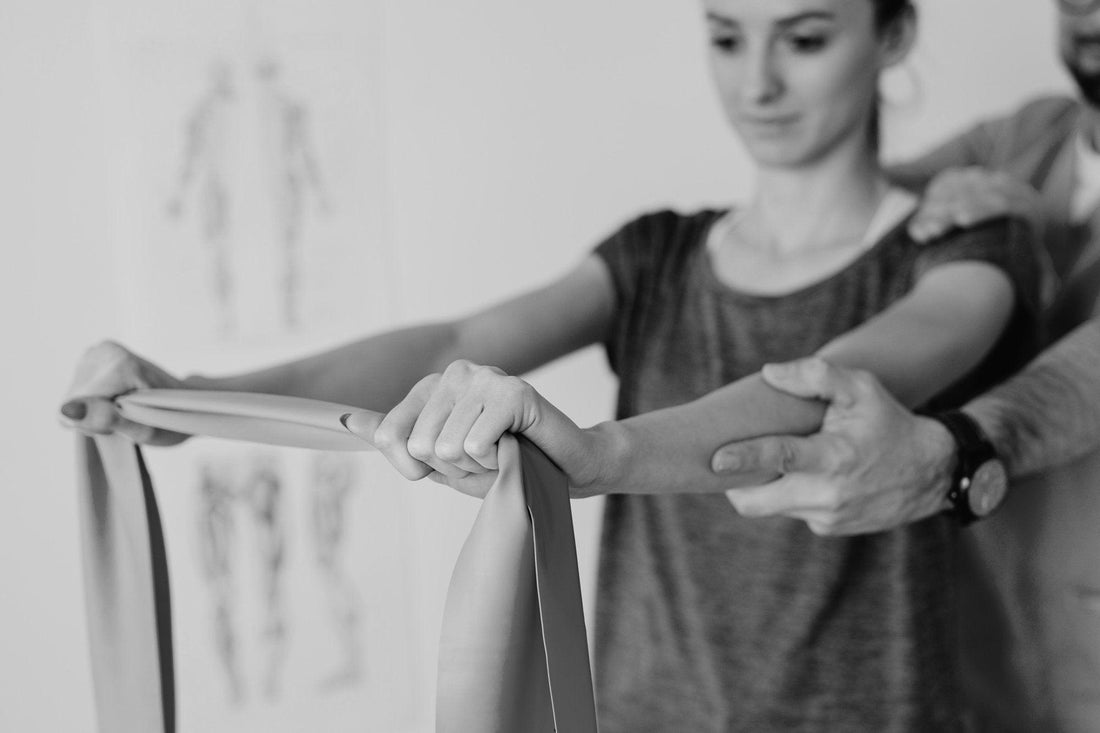Have You Hurt A Muscle Or Joint? Our Top 9 Tips For Treating Soft Tissue Injuries

Soft tissue injuries are some of the most common injuries in sport.
Soft tissues refers to the tissues in the body that connect, support and surround structures of the body, including muscles, ligaments and tendons.
Common injuries to soft tissues that you would have heard of include muscle strains, ligament sprains and contusions (better known as corkys).
With the winter sport season upon us, it is timely that we go over the recommended early management of soft tissue injuries. It is important to give the body the best chance of a fast recovery by aiming to limit further damage and promote the healing process.
Management can be commenced immediately, even before you see your physiotherapist.
TOP 9 TIPS TO TREAT SOFT TISSUE INJURIES.
We will break our Top 9 Tips up into two easy-to-remember acronyms.
For soft tissue management, remember to R.I.C.E.R and do no H.A.R.M
R.I.C.E.R
The R.I.C.E.R protocol is what you should do immediately after your injury
-
REST – rest the injured area to avoid further damage and reduce bleeding. This can be done by avoiding excessive movement of the area, supporting the injured area, or in some cases not putting any weight on the injured part.
-
ICE – apply an ice pack for 20 minutes every 2 hours to reduce pain and swelling.
-
COMPRESSION – apply a compression bandage to the injured area to reduce bleeding and swelling, and provide some support.
-
ELEVATION – elevate the injured area above the level of the heart to reduce bleeding and swelling.
-
REFERRAL – make an appointment with a physiotherapist for diagnosis, advice and ongoing treatment.
Continue following the R.I.C.E.R protocol for 48-72 hours after the injury. During this time you should also follow the “Do no H.A.R.M” protocol.
Do No H.A.R.M
You can do no H.A.R.M by:
-
no HEAT – applying heat to the injured area will increase bleeding and swelling, so avoid heat packs, saunas, spas, baths, hot showers and heat creams.
-
no ALCOHOL – this will increase bleeding and swelling, and may mask the pain, which will prolong healing. Even one drink can make a huge difference!
-
no RUNNING – running (or exercise of the injured area) can make the injury worse by damaging the tissues further and increasing blood flow to the injured area.
-
no MASSAGE – massaging the injured area will increase blood flow and swelling.
By following the R.I.C.E.R and no H.A.R.M protocols immediately after the injury, before you see your physiotherapist, the best outcome for your injury will be achieved.
